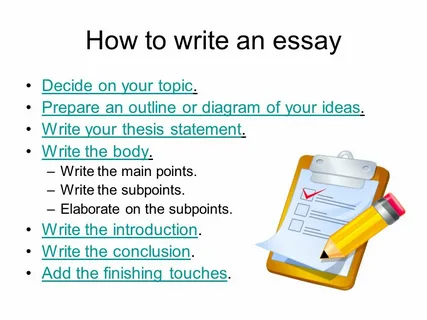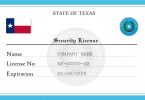If you are a beginner and you are considering writing a book, there are many steps that you should take. Some of these steps include creating an outline and identifying your primary audience. Other steps include choosing a genre, and getting feedback from others. Following these steps will help you to develop a book that will be both appealing to readers and profitable for your business.
Creating an outline
Outlines can be beneficial for beginning writers for several reasons. First of all, they can help you stay organized and avoid being distracted by the writing process. Outlines can be created in a variety of ways, and different types of outlines will work best for different writers. One of the most basic types is the summary method. This method involves breaking down your book into its plot points and chronological chapters. It also involves a short summary for each chapter,how to write a book for beginners including the characters’ presence in each scene, as well as the setting of each scene.
The first step in creating an outline is to brainstorm ideas. Choose topics you’re interested in. Try to think of things that other people may want to read or hear. If you’re a fan of a certain book genre, you can use that topic as inspiration.
Identifying your primary audience
Before writing a book, it’s important to identify your audience. There are many factors that can determine who will be reading your book and what your message should be. Once you have a clear idea of who your target audience is, you can better develop your content and promote your book. The more you know about your audience, the easier it will be to connect with them and make them want to read your book.
Your target audience is the people who want to be the center of attention. They may be actors, comedians, or writers. They might be interested in the psychology of relationships and how to win people over. These people will have different reading tastes than ambitious professionals. They may prefer hardbacks and Waterstones over Kindles.
Selecting a genre
Genres are a general way to group and classify literature, films, music, and other forms of communication. The term genre comes from the Latin word gener, which means “kind.” A genre is a standardized approach to the form, content, and style of writing. It helps writers connect with their audience.
Generally, writers choose a genre before they begin writing. However, there are times when they are unsure of which genre will suit their stories best. In such cases, it’s a good idea to choose the genre you think will fit your writing style best. This will help you become familiar with the rhythms of writing in that genre.
Another way to pick a genre is to think about the audience that your work will target. Genre can also reflect your perspective on the topic. A plane crash, for example, may have many sides to it, including a humorous side, perilous situations, and people who bravely face death.
Getting feedback from others
Getting feedback from others is a great way to improve your book. It can help you determine what parts of your writing don’t work as well as what does. You might find that there are parts of your book that people don’t understand or areas that are in conflict with one another. Focus on those sections and try to figure out why they don’t work.
Getting feedback from others is crucial for any writer. Although you might not want to hear negative feedback, it is important to consider it and evaluate it carefully. Always remember that feedback is never a personal attack. Although it may seem so at first, it is never about you. Instead, try to think about what the feedback is trying to say about your work.
Creating a mood for your story
One of the most important things to do when creating a mood for your book is to pay attention to the way you use words. The words you choose should be able to describe the mood you want to convey. For example, if you’re writing a horror novel, you could use words like “creepy” and “dark.” These words can give your readers the feeling of either foreboding or lightheartedness, and can set the mood for your story.
Another way to use mood is to study other authors’ works. One writer who masters mood is Stephen King. He knows how to play on his readers’ emotions and unnerve them.








Leave a Comment
You must be logged in to post a comment.